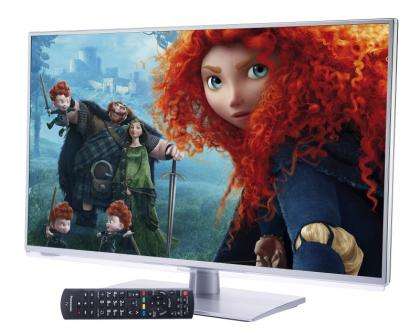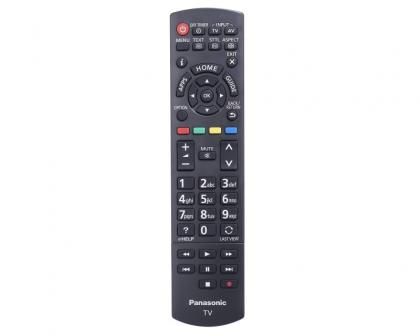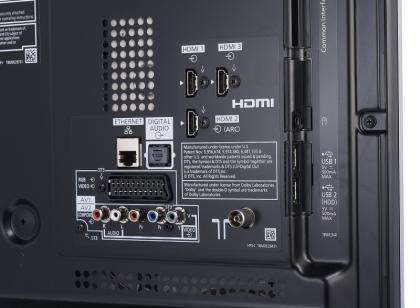December 15,2021
Panasonic Smart VIERA LED TV TX-L32E6B review
by Jennifer Cameron inMediterranean Style
For this review we tested the 32in model in the E6B range, but it's also available in 39in (TX-L39E6B), 42in (TX-L42E6B) and 50in (TX-L50E6B) screen sizes. All models have identical specifications except for their dimensions and power usage. We're confident that image quality will be practically identical across the range.
The TX-L32E6B is the first 2013 Panasonic TV we’ve tested, and we couldn’t wait to use it. Despite being an entry-level set, models such as the TX-L32E6B are always a good indication of what to expect from the rest of the range. It certainly made a great first impression, with its radically overhauled Smart TV interface, integrated Wi-Fi and all the features we’ve come to expect from more expensive sets.

As soon as you switch it on, you’re greeted by the new My Home Screen interface, which combines the live feed from the integrated Freeview HD tuner with a Now and Next TV guide, along with apps, widgets and shortcuts to your most regularly used Smart TV features. Each one can be swapped, moved or deleted if you don’t need them, which means you can have one screen dedicated to catch-up TV and films, another for your calendar appointments and a third for web browsing.
BBC iPlayer, YouTube, Netflix, AceTrax and DailyMotion are all included, and are easy to start and use. It has a full web browser, along with Facebook and Twitter integration. It also has Skype for video calls, assuming you have the optional Panasonic Skype camera (TY-CC20W, £90 from Currys) to use. Text and images are pin-sharp, and everything feels incredibly responsive, with the TX-L32E6B switching between screens quickly and smoothly. It has an incredibly well designed user interface, with picture-in-picture on practically every page, and it should be easy enough for anyone to understand and use. Of course, if you just want to turn on the TV and avoid all the new gadgets, that’s an option too.

Panasonic remote controls are very clearly labelled, though you don't get the backlit model here
The set itself is finished in silver, using brushed metal-effect plastic. The bezel is less than a centimetre thick, with additional transparent plastic trim on the bottom edge. It’s surprisingly classy given the materials used, giving the impression of a more expensive set. The matching silver base is firm and stable, but it doesn’t let you tilt or pivot the screen.
Conveniently, there are many inputs at the back of the set, including three HDMI ports, component and SCART inputs, digital optical and analogue RCA audio inputs, Ethernet, a Common Interface slot and a Freeview HD aerial input. There are also two USB ports, which can be used to play your assorted media, such as videos, music and photos. We were able to play most of our test videos, too, with the exception of native DivX and MOV files which were not recognised.

All the ports you'll need, but you might require a 90 degree angled HDMI cable if you want to wall mount the set
Unsurprisingly, the built-in stereo speakers sound distinctly average. There’s no room inside the slim chassis, which is only 5cm at its thickest point, for anything with more power, but at least speech sounded clear and there’s ample volume for a small- to medium-sized room. However, there’s a real lack of bass and very high-end frequency sounds start to distort when you increase the volume further 70 per cent of its maximum output.
